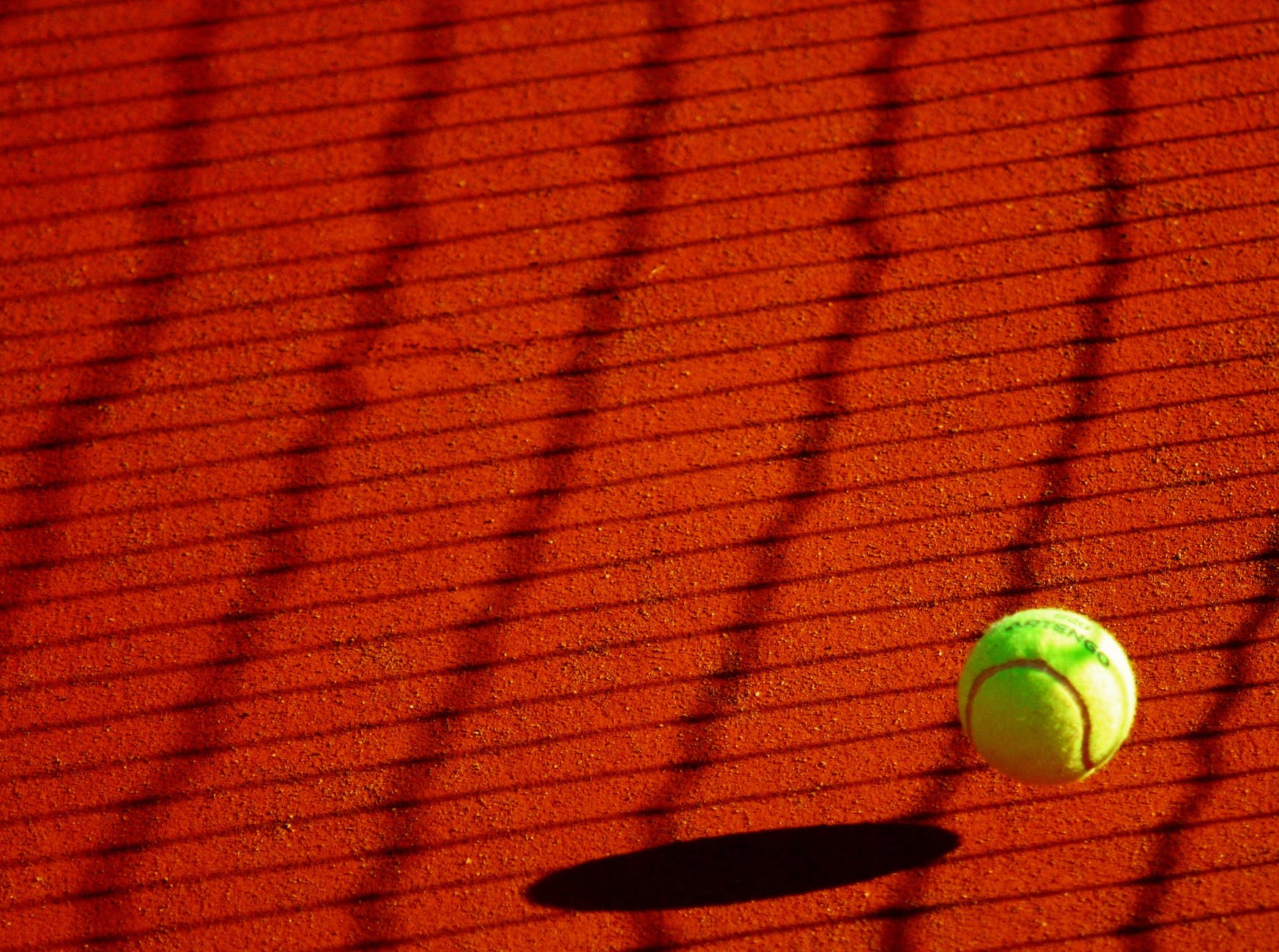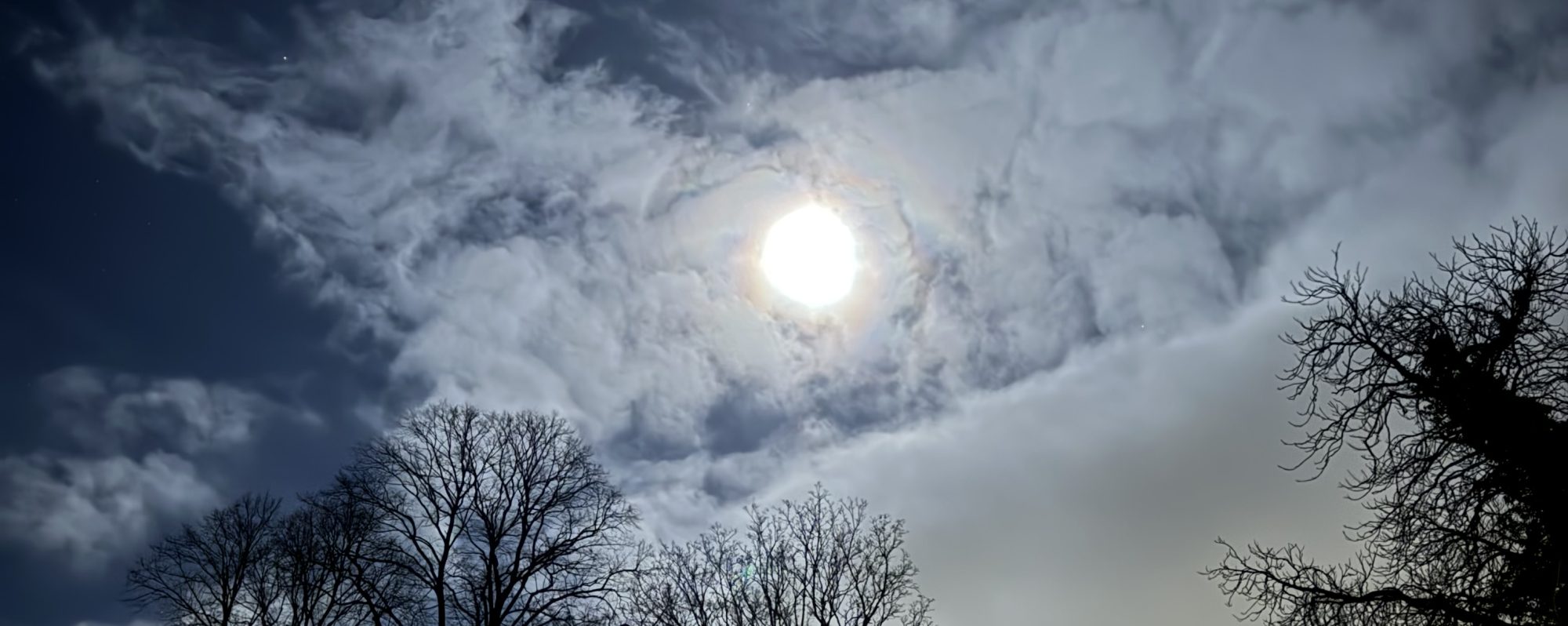
One cannot read John Ashbery’s poetry collection, The Tennis Court Oath, without acknowledging the profound influence of the European Surrealist movement on his work. André Breton in Manifeste du Surréalisme describes the central principle of Surrealism as an attempt to ‘resolve the previously contradictory conditions of dream and reality, into an absolute reality, a super-reality’. Breton thereby outlines Surrealism as an artistic attempt to foreground the creative faculty of the unconscious mind. When reflecting on Surrealism in 1989, Ashbery identified with ‘the permission [the Surrealists] gave everybody to write whatever came into their heads’ which manifested itself in his stream of consciousness poetic style. Ashbery wrote The Tennis Court Oath in the 1950s whilst living in Paris and working as an art critic.
When considering the artistic context of his life at this time, Ashbery ostensibly uses the page as his canvas and words as his objects to create a poetic collage of multiple voices, aligning himself with the permissively ambiguous Surrealist notion of art as the world rather than merely being a reflection of it. Through his poetics, he opposes New Criticism’s affinity with self-contained and self-sufficient analysis of literature and art. Instead, Ashbery grasps at an intangible and eternal meaning, demonstrated in his line: ‘I go on loving you like water’ from the opening stanza of the title poem. A multitude of interpretations arise from imagery of water in the context of love. Within these multitudes, Ashbery plays with the characteristically Surrealist idea of contradiction: water is a necessity for sustaining life yet can also be destructive. He also hints at a transparent yet distorted refraction, associated with vision through water, through which to view his collection. Ashbery thereby implies that his meanings are volatile and cannot be objectively grasped or logically defined.
Ashbery’s choice of title, The Tennis Court Oath, holds a dual reference: to the signing of the oath that set the French revolution in motion as well as to the painting by Jacques Louis David, (1791), depicting this historical event. However, Ashbery avoids reference to the French revolution throughout. Instead, he permeates the idea of revolution and resistance in his reflections on America from afar. The idea of contending with American national identity is articulated in ‘They dream only of America’ where Ashbery evokes a quasi-nomadic collage of multiple accounts of Americanness. Ashbery alludes to a Twain-esque murderer and child ‘hiding from darkness in barns’, and writes: ‘They can be grownups now’. His language embodies the naive perception of adulthood from the perspective of a child. However, this naive narrative is intercepted by a Beat style journey of lovers, with Ashbery’s lines: ‘we could drive hundreds of miles’ and ‘he went slowly into the bedroom’. These multiple voices are not so important in terms of what Ashbery says, but how he says it. With these temporal shifts, Ashbery aims to undermine chronological narrative and destabilise logical interpretations.
Furthermore, Ashbery inserts his view on the futility of symbols in literature: ‘Now he cared only about signs./ Was the cigar a sign? And what about the key?’ Here Ashbery embodies the inner voice of the reader’s critical mind as they search for evidence in his writing. Ashbery thereby undercuts New Criticism’s self contained, objective methodology of interpretation and instead evokes polyphonic, polyvisual experiences. However, Ashbery is not sardonic in his defiance of literary conventions, nor is he self involved as a revolutionary poet. In the collection, Ashbery removes the poet from a pedestal of exclusivity and allusiveness. He encourages the reader to see his words as points of departure to multiple interpretations, as he states in an interview (1989): ‘we are somehow all aspects of a consciousness giving rise to a poem’.
Ashbery warns against a monolithic perspective which encapsulates the unidentified ‘they’ who ‘dream only of America’. Within his polyphony of narrative experiences, it is as if his own voice protrudes and speaks directly to the reader at the end of the poem when he states: ‘There is nothing to do / For our liberation, except wait in the horror of it. / And I am lost without you.’ Ashbery is perhaps commenting on the entrapment of censorship in America under McCarthyism which impacted his literary career and prompted his decision to move to Paris. He stated in an interview that the mid-fifties was ‘a terribly depressing period both in the world and in my life[…]I was afraid we’d all be sent to concentration camps if McCarthy had his way.’ From his final lines of ‘They Dream Only of America’, Ashbery almost conveys an acceptance of censorship, admitting that ‘liberation’ under McCarthyism is futile. Writing ‘They Dream only of America’ from France, Ashbery is in a position of abstinence rather than resistance despite the revolutionary precedent in which he places The Tennis Court Oath. However, with his emphatic position of the final line: ‘And I am lost without you’, Ashbery conveys an ultimate inconclusiveness. He perhaps addresses the reader as ‘you’, encouraging them to continually contribute their own layers of meaning to his fragmented outlines of American experience and thus avoid censorship through inferred rather than explicitly stated meaning.
In addition to his use of polyphony in creating a poetic collage of meaning, it is significant to consider Ashbery’s use of erasure and incompletion, especially in light of the fact that David’s painting The Tennis Court Oath was never completed. In ‘Two Sonnets’, Ashbery’s first sonnet, ‘Dido’ contains only thirteen lines rather than the traditional fourteen. This incompleteness is perhaps Ashbery’s way of resisting literary didacticism in terms of conventions surrounding form and structure. In his unconventional sonnet, he conveys the idea of completeness as a fallacy, stating: ‘Though I say the things I wish to say / They are needless, their own flame conceives it. / So I am cheated of perfection.’ Ashbery’s tone leans towards an uncertainty of his position in revolutionary poetics. He presents an awareness that the authenticity of his writing has been undermined by association with the increasingly mainstream avant-garde.
It is worth returning to David’s painting to reflect on his depiction of unity in revolution and draw a parallel with the mainstream avant-garde of revolutionary poetics. Ashbery perhaps draws upon the work of David to question what it means to be revolutionary. For example, despite the Oath being a revolutionary catalyst, if one does not sign the oath, are they revolutionary in resisting revolution and the mainstream consensus at the time?

